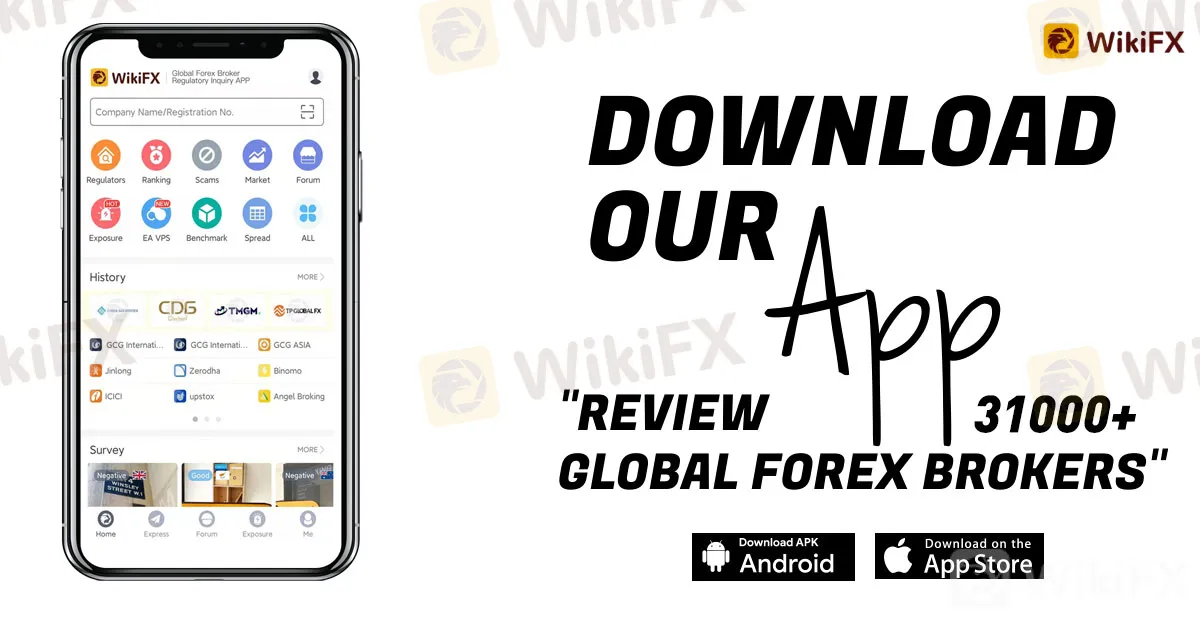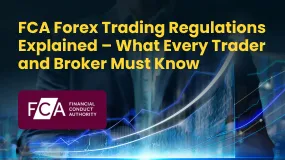简体中文
繁體中文
English
Pусский
日本語
ภาษาไทย
Tiếng Việt
Bahasa Indonesia
Español
हिन्दी
Filippiiniläinen
Français
Deutsch
Português
Türkçe
한국어
العربية
Stripe Is Offering Cryptocurrency Payments Again, Announce Partnership With FTX
Abstract:Stripe payments processor is now supporting crypto payments to online businesses, again. Cryptocurrencies such as Bitcoin, Ethereum, Solana and USD Coin are supported by Stripe.

Aside cryptocurrencies, Stripe also supports NFTs marketplaces and wallets.
Stripe to compete with other crypto payments services in the market.
After ditching bitcoin in 2018, Stripe announced a new partnership with FTX, FTX US, Nifty Gateway, Just Mining and Blockchain.com. John Collison, the co-founder and President of Stripe revealed made the announcement on twitter.
Stripe supporting exchange as well as non-fungible tokens (NFTs) may be welcomed by the crypto community. Towards the end of 2021 Stripe formed a dedicated team to explore Web3 opportunities.
Guillaume Poncin, the head of engineering in Stripe recruited designers and engineers for 'the future of Web3 payments.'
It is possible Stripe waited for a confirmation the US and EU will in fact begin regulating the crypto markets instead of a complete ban. Once the news were out a regulatory framework is in the process Stripe launched its new cryptocurrency services.
FTX Will Use Stripe for Payments and ID Verification
FTX and FTX US users will be able to fund their account via Stripe. Additionally, Stripe will be used for the identity verification for FTC X and FTX US customers. Tristan Yver, Head of Strategy at FTX commented the following on the partnership:
“We want FTX to become a trusted mainstream brand. Weve partnered with Stripe to help us transform what could be uintuitive crypto experiences into ones that exceed consumer expectations.”
Stripe has a large market share in the online payments industry. The addition of cryptocurrencies may allow the company to compete with other payment services.
A survey conducted by Hartford Steam Boiler (HSB) in 2020 showed at least one third of US businesses (small and medium) accept cryptocurrencies.
The figures are likely to have increased with time as more companies are now accepting cryptocurrencies as a payment method. Gunnercooke, a UK-based law firm announced last month it is accepting cryptocurrencies for its legal services via a partnership with Coinpass.
As countries are looking to regulate cryptocurrencies, more traditional companies may eventually begin accepting cryptocurrencies for their goods and services.

Disclaimer:
The views in this article only represent the author's personal views, and do not constitute investment advice on this platform. This platform does not guarantee the accuracy, completeness and timeliness of the information in the article, and will not be liable for any loss caused by the use of or reliance on the information in the article.
Read more

Forex Options Trading: The Smart Way to Ease Market Volatility
Want to feel at ease amid forex market volatility? Consider exploring forex options that work as derivatives based on underlying currency pairs. With multiple flexible alternatives, forex options trading is the approach you need to adopt to navigate the seemingly complex forex market. Read this article for more insights.

Forex Hedging Strategies - Calming You Amid Market Chaos
Finding it hard to deal with the forex market volatility? Do those ups and downs in currency pair prices make you more nervous or worried? You need the right forex hedging strategies. As a concept, forex hedging is about strategically opening additional positions to stay immune against adverse forex price movements. It’s about offsetting or balancing your current positions by buying or selling financial instruments. As a trader, your risk exposure is reduced, hence limiting your potential losses.

Understanding Forex Spreads: Types, Calculations & Their Impact on Your Trades
Do you know the reason for a variation in cost when executing a forex trade? Why do costs rise sometimes or remain manageable at other times? It’s due to the difference in forex spreads charged by the broker. So, what is spread in forex? It is simply the difference between the selling and purchase price of a currency pair. The difference, measured in forex pips, is a vital factor impacting trading costs and potential gains.

FCA Forex Trading Regulations Explained – What Every Trader and Broker Must Know
Want to begin your forex journey as a broker or trader in the UK? Start understanding the forex trading regulations applicable in the country. The regulations, imposed by the Financial Conduct Authority (FCA), are designed to enhance investor protection, operational transparency, and a robust UK forex trading market. Check out more about this.
WikiFX Broker
Latest News
Forex Hedging Strategies - Calming You Amid Market Chaos
Key Events This Week: ISM, Trade Balance And More Earnings
What Is Forex Currency Trading? Explained Simply
A Beginner’s Guide to Trading Forex During News Releases
Ultima Markets enters the UK and gains the FCA license
LSEG Announces £1 Billion Share Buyback Program
SEC Lawsuit Targets Real Estate Fraud Scheme by Joseph Nantomah
XS.com Broker Partnership Expands Liquidity with Centroid Integration
ASIC Regulated Forex Brokers: Why Licensing Still Matters in 2025
FCA Publishes New Warning List! Check It Now to Stay Safe
Currency Calculator


